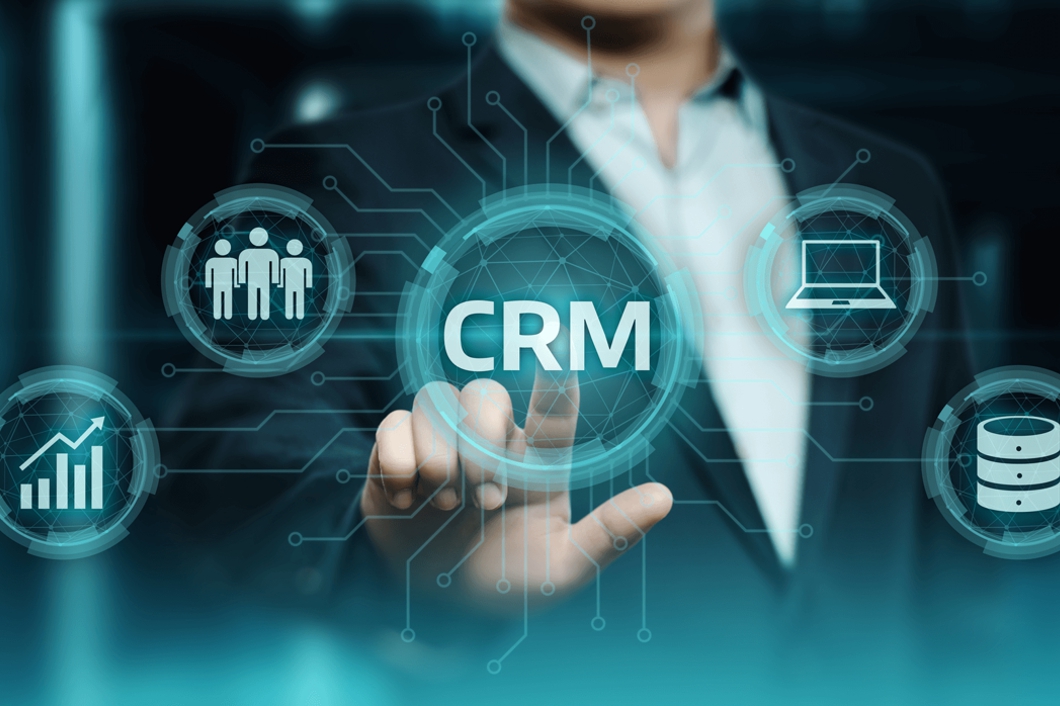
Today, CRM systems have become an integral part of a successful business, playing a key role in customer relationship management. But what is CRM and what benefits can this technology offer your company?
CRM, or customer relationship management, is a comprehensive approach to managing customer experience and interaction. It includes both software and methods aimed at improving the quality of customer service and optimizing business processes. The main goal of CRM is to make interactions with customers more organized, effective and efficient.
A CRM system collects, stores and analyzes customer data. This may include:
Centralized data storage allows employees to easily find the information they need and improve the quality of service.
Contact management: Allows you to store and organize data about customers and potential customers.
Sales automation: Helps track the sales process, automate tasks and reminders.
Analytics and reports: Provides tools for data analysis and reporting.
Marketing management: Supports advertising campaigns, audience segmentation and mailing management.
Customer Service: Manages customer queries and issues, supports feedback, and reviews.
Increased Efficiency: Automating routine tasks allows employees to focus on more important aspects of their work.
Improved Customer Service: Up-to-date customer information allows you to provide personalized services and solutions.
Sales Optimization: Helps manage sales processes, which can lead to increased conversion and revenue.
Analysis and Forecasting: Reporting and data analysis helps you better understand customer needs and build strategies based on actual data.
Cost Reduction: Automating processes and improving customer interactions can reduce overall operating costs.
CRM systems have become an essential tool for companies looking to improve customer experience and streamline business processes. If your company isn’t already using a CRM, it may be time to consider this tool as part of your strategy to improve efficiency and business growth.